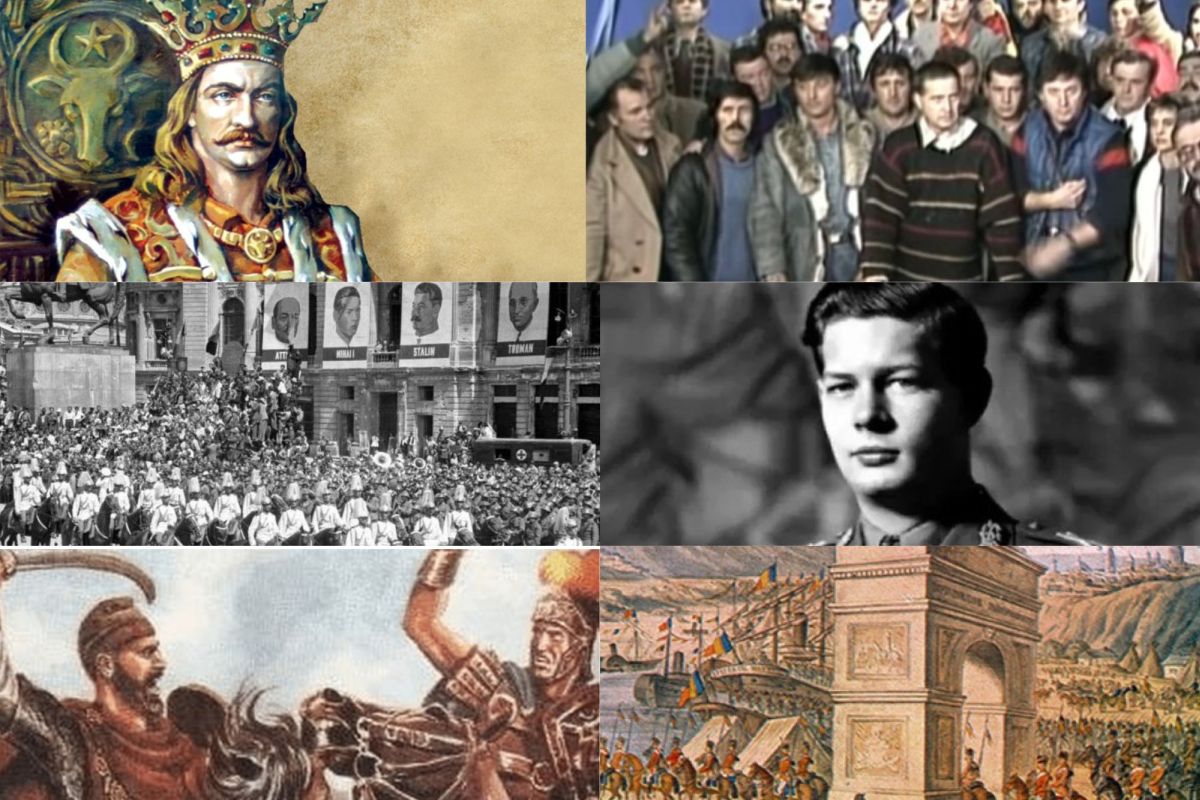Radio drama for children
Radio drama has enjoyed a real success, being supported by the efforts of those who wrote scripts or adapted classic texts

Steliu Lambru, 13.05.2024, 14:00
A priority mission of the Radio was to educate and bring culture to everyone. Children are a generous audience and shows for them have always been the focus of the management and journalists. Radio drama has enjoyed a real success, being supported by the efforts of those who wrote scripts or adapted classic texts, of actors and directors and of the technical teams. All of them wrote the history of the radio drama for children, they left those memories that future adults have. In Radio Romania’s audio library one can find reference works from the history of radio drama for children, created by important authors.
The writer Silvia Kerim was also a radio journalist and devotedly worked on dramatizations for children. She started her job in 1961 and joined a department with quality people who were trying to escape the political ideology of the time. In 1998, Radio Romania’s Oral History Center interviewed Silvia Kerim and found out how the journalists with the children’s radio drama department were able to maintain the quality of their product: “I was assigned to work in a very pleasant place for me, it was called Theater for Children on the Microphone. I was lucky because most of the plays that made up the children’s radio drama repertoire were stories. They were derived from classical literature, so the ideological lie did not really fit in there. The actors were big names of Romanian theater, the directors were also very good so that compromise and lies didn’t really fit.”
As in any place, people are the ones who make things work and Silvia Kerim had open-minded colleagues: “In the Theater for Children on the Microphone department, I had Eduard Jurist as my boss, from him I learned what it means to be a modest boss, not to boss people around, and to pay equal attention to younger and older editors alike. In that department I had colleagues such as Vasile Mănuceanu, a gifted writer called Călin Gruia, Mioara Paler who, at one time, was the head of the children’s shows section and to whom I owe the joy of writing for children. They had an intuition of my love for children, they felt my desire to write for children.”
Silvia Kerim wrote scripts for children’s radio dramas and remembered how important the childhood stories told by her parents were for her: “I was given the task of processing some stories that were poorly translated from Chinese or Japanese literature. I worked on such stories and short stories that had a meaning of their own. Retelling them, I realized that I put a lot of my imagination in them, and that, at a certain moment, I could write the stories that were running through my head and which, in turn, had a magical root. My mother used to tell my brother and I stories every night when we were very small, night after night. In general, the first part was “Snow White”, I think that for an entire year I listened to “Snow White”, either in episodes or shortened. And if my mother somehow messed up on a detail, we would both hurry to contradict her and remind her that, in fact, it was not character x that had done and said this or that. The second story was, in general, about animals that my mother loved very much, as did my father for that matter. Both parents passed on to us this love for animals.”
During the years when Silvia Kerim was giving life to children’s stories on the airwaves, the communist regime was forcefully indoctrinating the audience. But the journalist chose to oppose the ideological rudeness in a subtle way: “I definitely want to say that such an attempt, in the case of my texts, was quite difficult. I never wrote the word “pioneer”, the words “party”, “pioneer”, “hawk” never appeared in my scripts. My scenarios and stories are sad stories with poor people, with grandparents dying, with the most expensive pie being apple pie or with the most pleasant dessert being toast with plum jam. I have always thought that there are many more unhappy and orphaned children than rich and spoiled children. And that these stories should reach them. At a time when we had to write only about happy children, who, in the name of the party, were growing up healthy and without worries, when they had to deal with writings in which the reality appeared quite sad and hopeless, it was not too easy for a text to pass censorship.”
Radio drama for children was a miracle through which radio reached innocent minds. And the people who made it possible passed on what they had received. (LS)






























